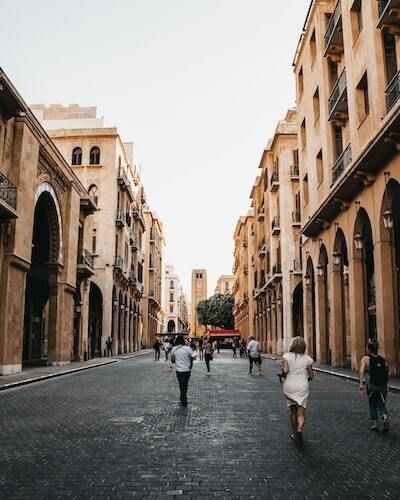
The education sector in Lebanon is facing significant challenges due to the country's economic and political instability. The public school system has been affected by the ongoing crisis, and is overburdened and underfunded. In 2020-2021, around 55,000 students moved from private to public schools, adding further pressure on the already strained public school system as highlighted in a report by the World Bank of 2021. The quality of education in public schools has suffered, and less than 2% of the country's GDP is spent on education, which is significantly lower than the recommended minimum of 4% to 6%. The COVID-19 pandemic has also had an impact on the education sector, with schools being forced to close, and there has been an increase in the number of students dropping out of school due to the economic crisis, and many families have had to transfer their children from private to public schools due to financial constraints. In fact, as of June 2022, 38% of households reported reducing expenses on education as an increasing number of parents were unable to pay school fees due to deteriorating living conditions and personal deposits held by banks.
One of the consequences of the economic crisis in Lebanon has been the rise in the cost of tuition that must be paid in US $ at private universities which forced many students either to drop out universities in search of work to help their parents financially, or to transfer to the Lebanese University that suffers from major budgetary, academic and logistical problems.
